Transource Pennsylvania LLC v. Steven DeFrank concerns the Public Utility Commission of Pennsylvania's denial of a Certificate to construct the Transource project in the state. After losing, Transource claimed that the PUC was prohibited from making a finding that the project wasn't needed because it must simply accept the finding of need issued by PJM Interconnection.
I wrote about this at the end of last year, after listening to the Oral Argument where the state could hardly get a word in edgewise because the Court simply didn't want to hear it. The Opinion was about what I expected.
The Court confused FERC's jurisdiction to set interstate transmission RATES with PJM's transmission planning finding that the Transource project would lower rates for consumers in Washington, DC and Baltimore. PJM does not set rates, therefore their project planning does not set rates. Only FERC can do that.
What FERC cannot do is site and permit a transmission project that is not within a National Interest Electric Transmission Corridor. Transource is not within such a corridor. PJM is under the regulatory authority of FERC, therefore, the Court reasoned, PJM's planning is an extension of FERC's jurisdiction to set rates. Faulty logic.
Transmission siting and permitting is state jurisdictional. That means that the states have the final say on whether or not a project planned by PJM is approved, sited, and issued a permit to construct.
The Court has effectively neutered state jurisdiction and taken away their ability to make a determination whether the project is needed. The only thing left for the state to do is decide where the project goes. This gives undue authority to PJM over transmission permitting, and obliterates due process for landowners impacted by the new transmission project.
The Court says that states (and presumably others impacted) can challenge PJM's planning process and determination of need at FERC, therefore their due process rights are not impacted.
However, this is not the bargain states have struck with the federal government about transmission permitting. States have historically followed state law when it comes to need determinations, and state law usually requires the utility commission to make a finding of need when permitting a project. Pennsylvania's law is explicit that the PUC must decide whether the project is needed. Other states get there in different ways. West Virginia's law says:
...the commission may approve the application if it finds that the proposed transmission line:
(1) Will economically, adequately and reliably contribute to meeting the present and anticipated requirements for electric power of the customers served by the applicant or is necessary and desirable for present and anticipated reliability of service for electric power for its service area or region;
(2) Will be in the best interest of West Virginia customers and its citizens; and
(3) Will result in an acceptable balance between reasonable power needs and reasonable environmental factors.
But now West Virginia is prohibited from making a finding that the transmission line is not necessary. West Virginia must simply accept PJM's determination that it is.
Maybe this would work out great if PJM was actually a place where competing opinions were accepted and where an impartial adjudicator listened to both sides before making a decision whether or not a project is needed. But PJM is not that place. Anyone who has attended a PJM planning meeting knows that it's a one-way ride on the authoritarian train where you can't pull a cord to stop the train. PJM makes decisions in a closed environment and rejects any dissent. Therefore, the only avenue open for states or other parties who do not agree with PJM's findings is to make a complaint at FERC. FERC does not examine each project that PJM approves to assure it's needed. PJM has a big book of rules that are approved by FERC. As long as PJM follows its rules, then FERC just goes along for the ride. However now FERC is going to be examining all PJM's need data on a case-by-case basis for each transmission project PJM approves. FERC doesn't have time for that and the delays for new transmission are going to be astronomical while FERC spins its wheels examining each need determination in detail to make sure it agrees with PJM's rules. No more rubber stamping!
In addition, the tension between PJM and states is thick right now. PJM doesn't need this additional irritation. It could be the burr under the saddle that finally prompts PJM states to exit PJM for good. PJM isn't planning anything in your state if its not a member of PJM.
In addition, states are going to plow new ground creating a meaning for the word "permit". States have authority to site and permit. What does that mean? It means not only does the state decide where the project goes, it also decides whether the project goes. Don't underestimate what the states can do to find ways to deny transmission applications on any other basis but need. What then? Will a court keep whittling away on state authority to permit transmission?
This Opinion is Pandora's Box. Nothing good is going to come out of it except a whole lotta litigation and state refusal to approve new transmission applications. Nobody likes to be told they must accept someone else's opinion without examining it. Trust but verify. That's what states have been doing for decades.
It remains to be seen whether the PA PUC will ask for hearing en banc, where the entire court (all the judges) takes another look at the decision, or whether the PA PUC will take their chances at the Supreme Court.
This story is not over.
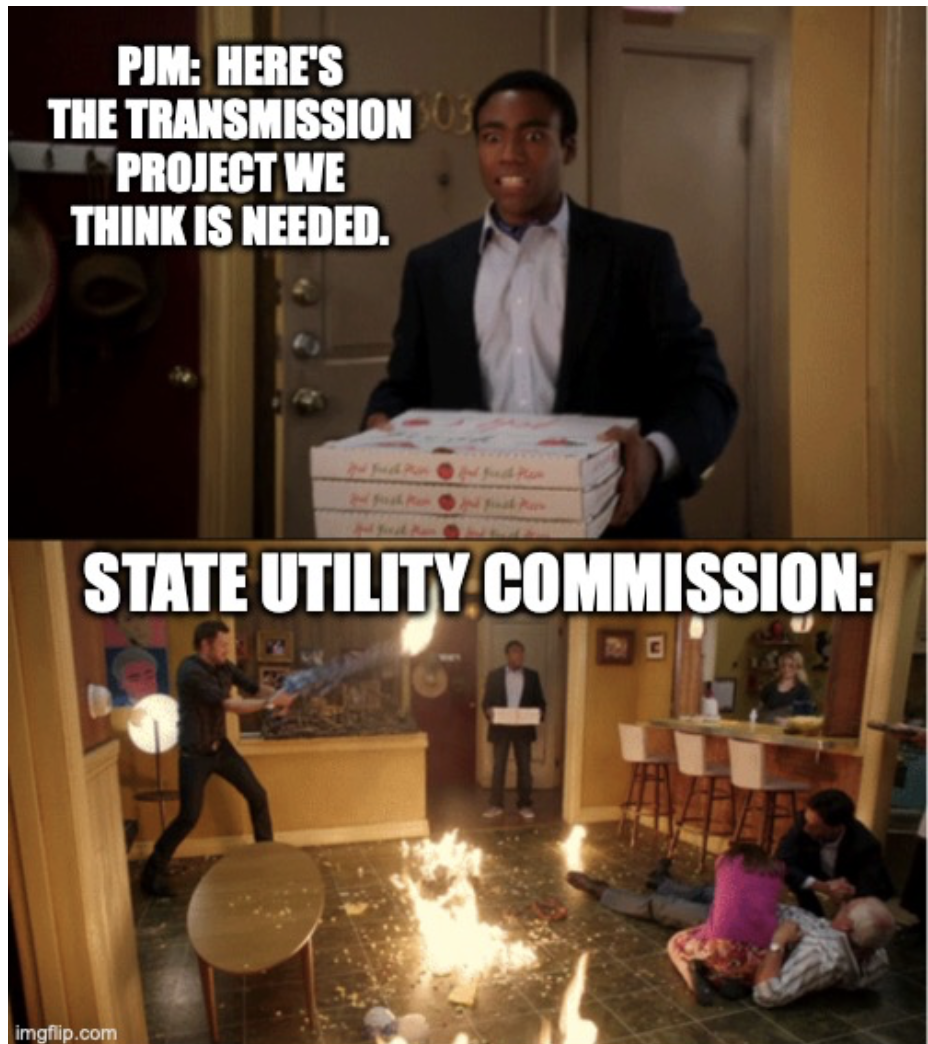
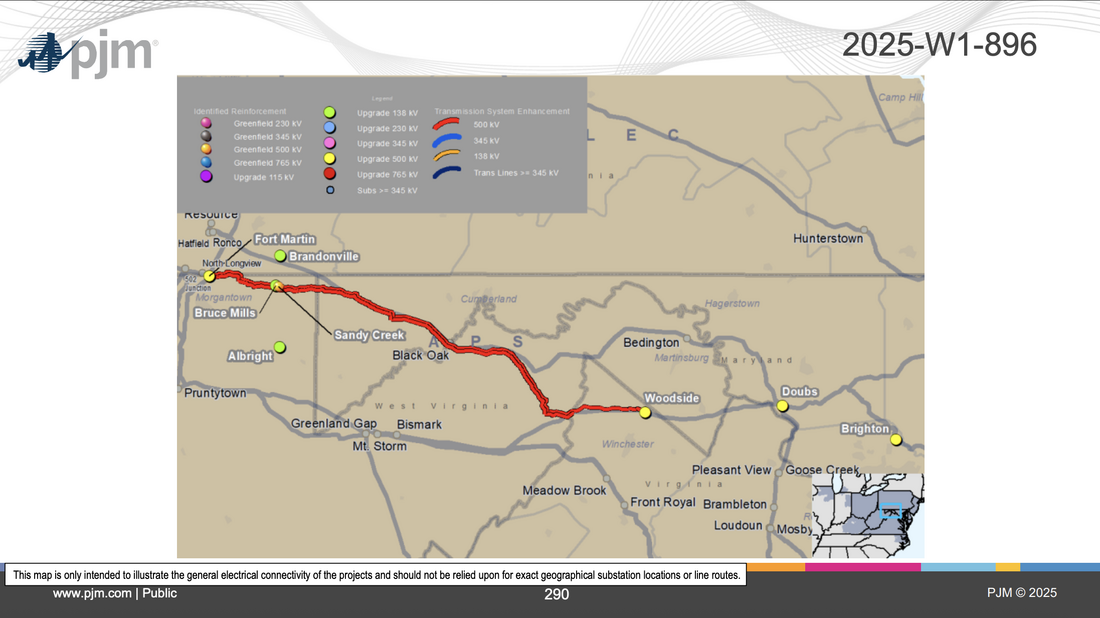

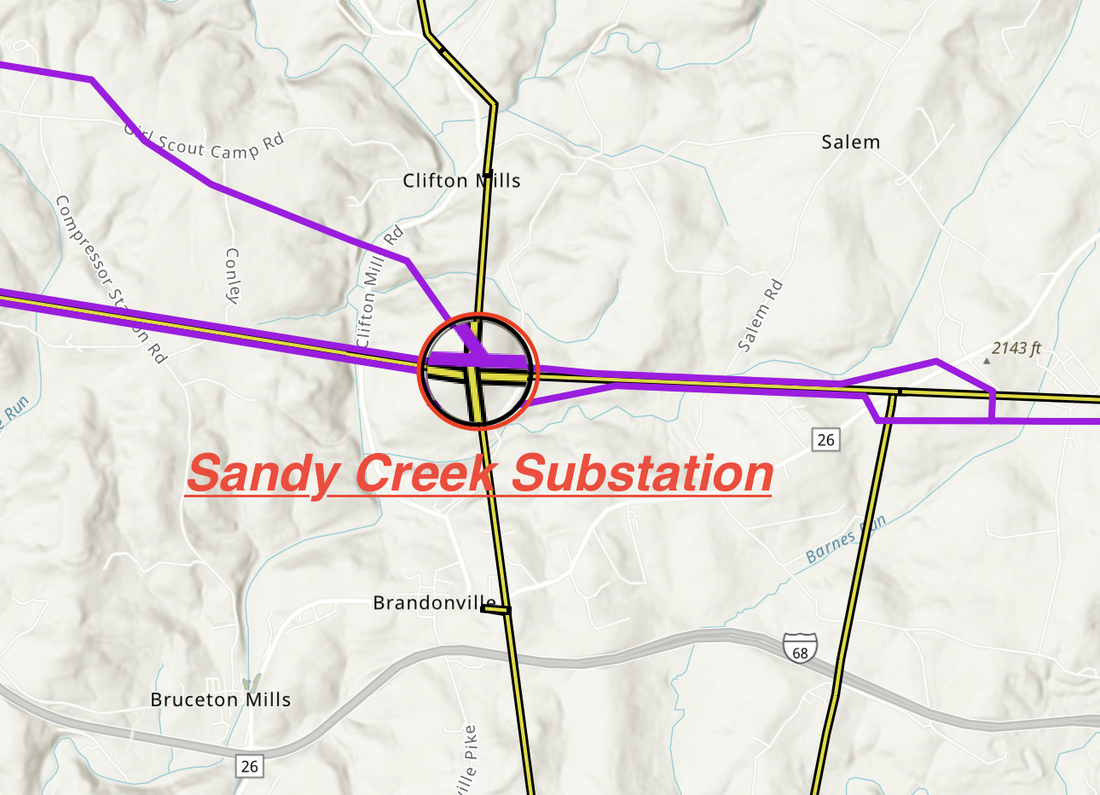
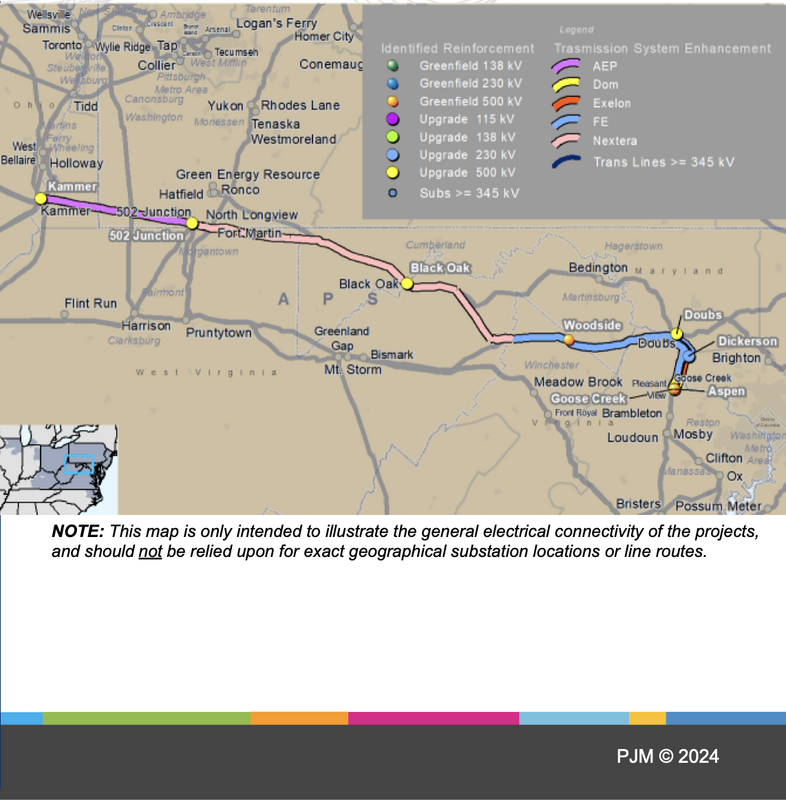
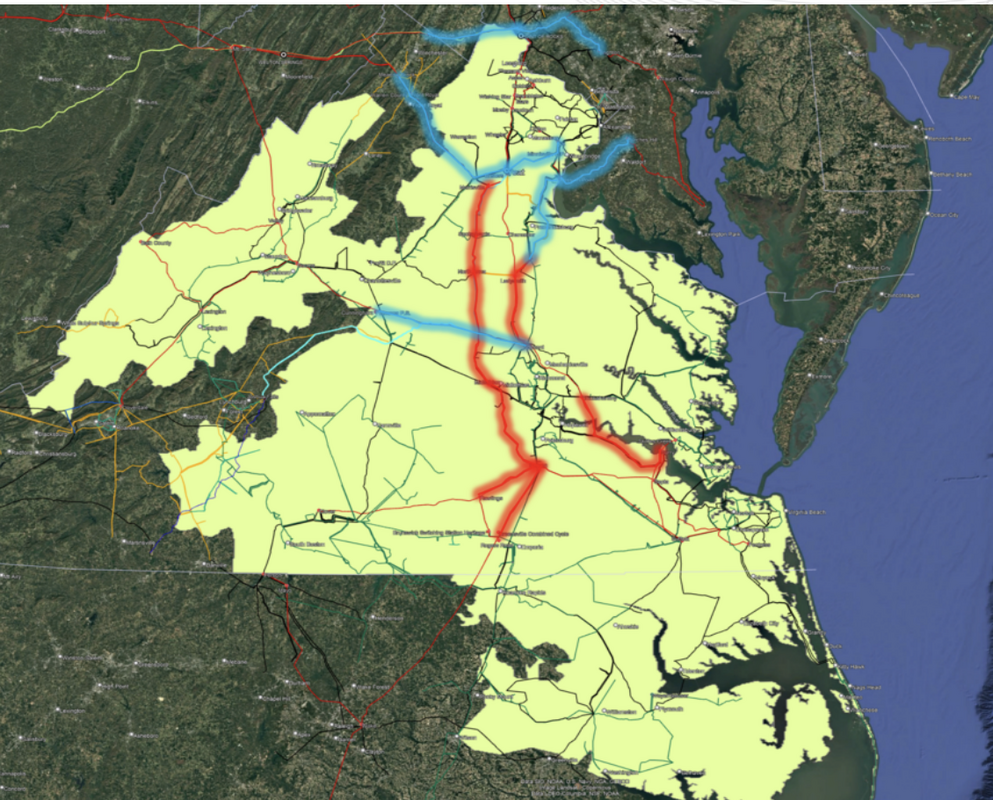
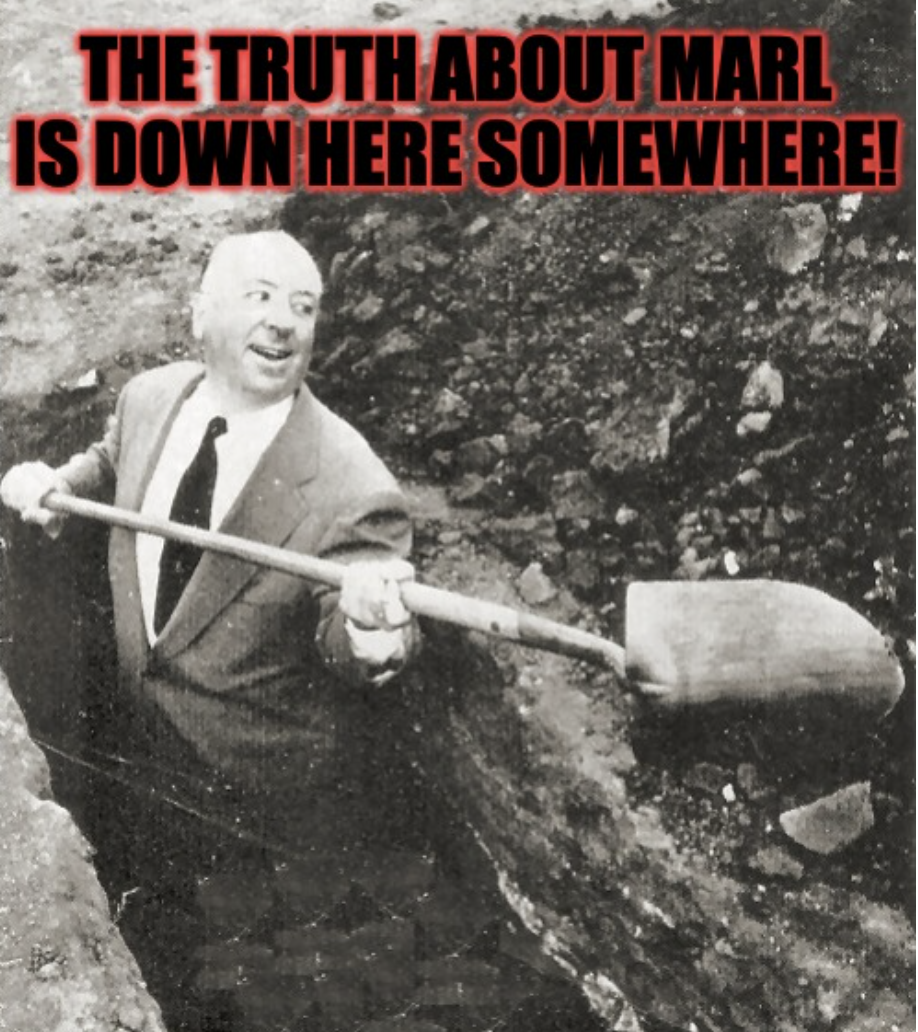
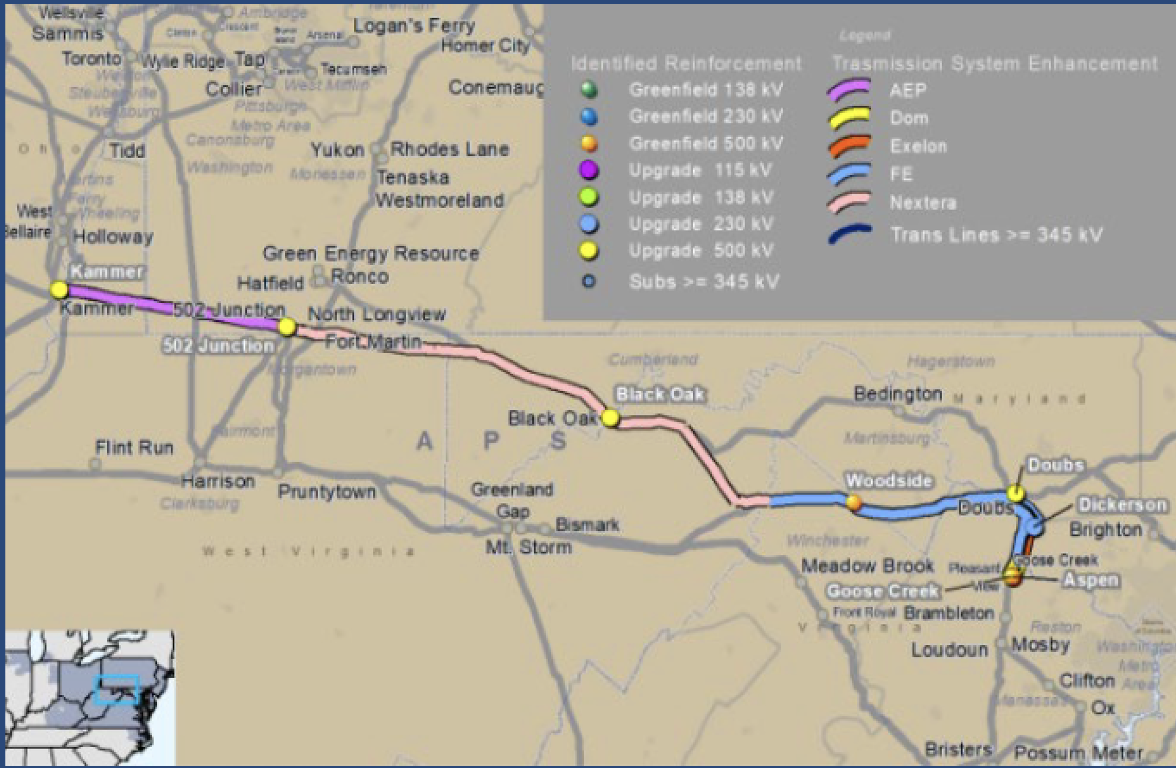
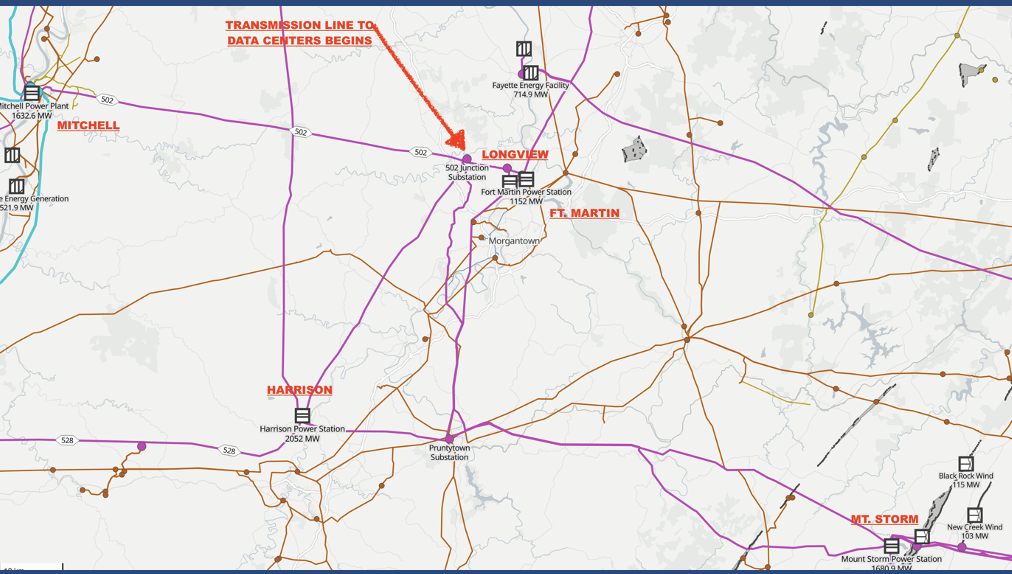
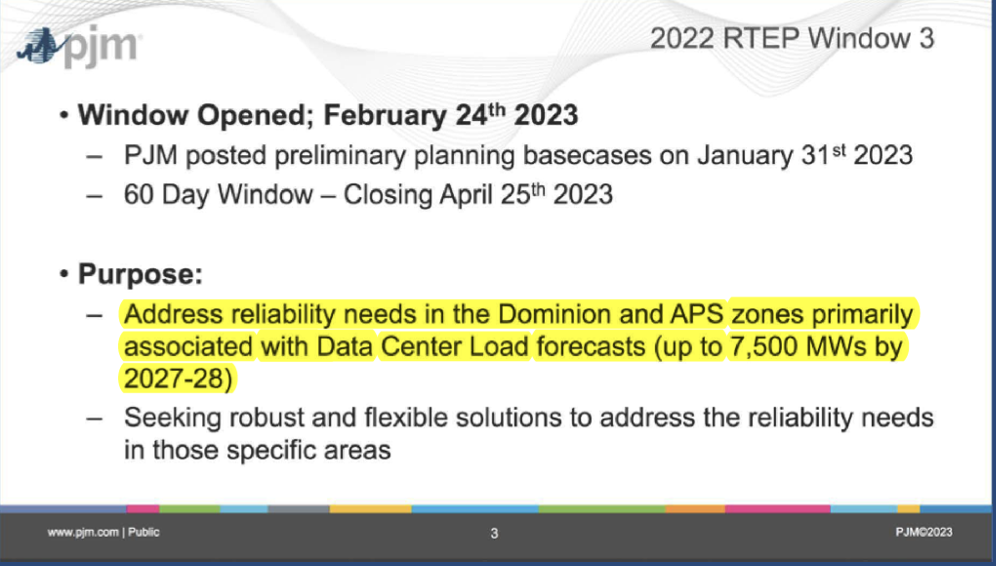



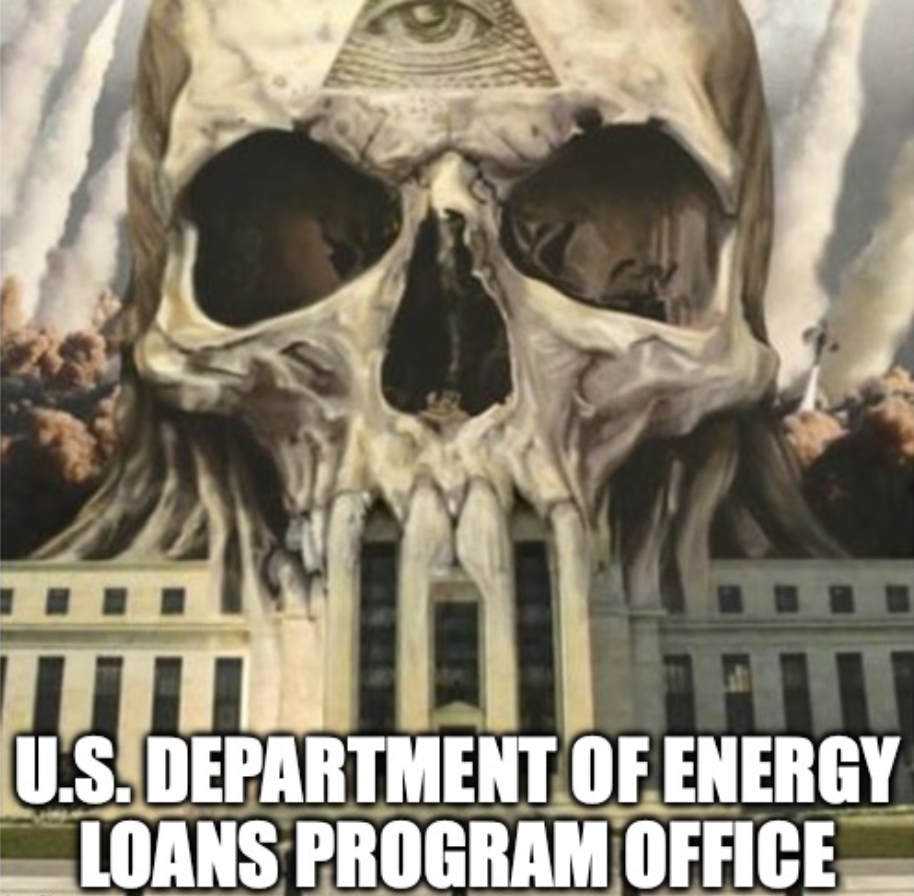




 RSS Feed
RSS Feed